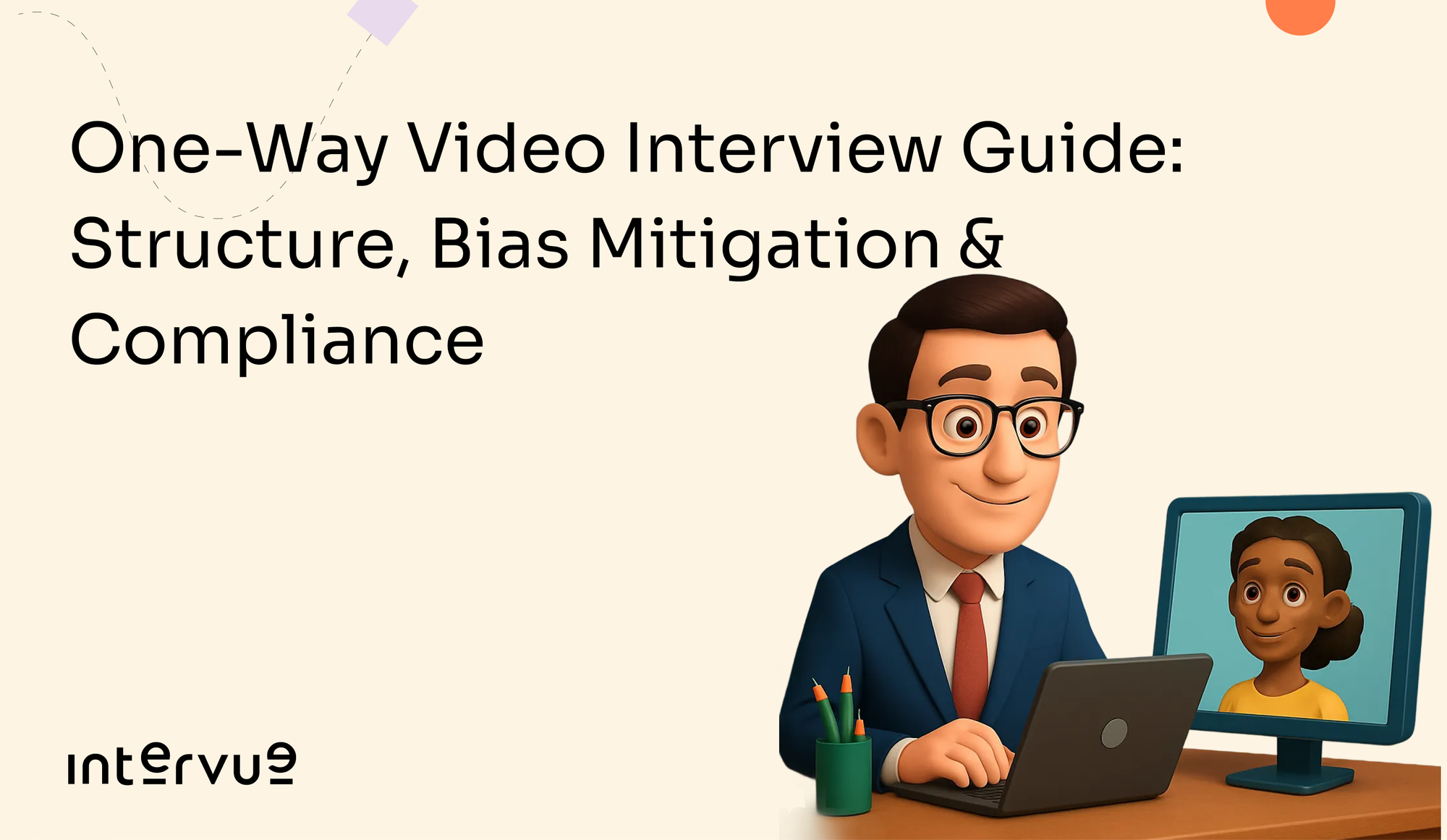Overview
Introduction
Tips To Make Your Interview Process Efficient
Why You Should Use Online Code Editors For Remote Interviews
Final Word
Your hiring needs to get stronger
Stay updated with our latest blog posts
As you probably know, remote hiring is the way to go in today’s post-Covid world. Given how face-to-face interviews are not a viable option at this point, companies now conduct remote tech interviews. There are countless coders on the market, many of whom would be a perfect fit for you. But, how would you know who to pick?
It sounds like you need a system in place to make the best use of the talent you have at your fingertips. This article will help you streamline your interviews, make them more efficient, and tell you why you should use an online code editor.
A few practices you ought to adopt to make your interviews more efficient are as follows:
Know What To Look For
While looking for qualified candidates, it helps to know what skills to look for in these candidates. You must ensure your candidates have excellent communication, organizational, collaboration, management skills, etc., before deciding to take things further. Using pre-employment tests is a perfect way to weed out qualified candidates from the rest.
Another thing to look out for is their comfort levels, considering your meetings will happen via video call. The last thing you want is for your schedule to be compromised due to faulty internet connections. You should also consider where they live and the corresponding time zone to avoid schedule conflicts and confusion.
It is vital to define your ideal candidate, whether you are working in an office or remotely. You must take various factors into account, including their accountability and personality type, to determine their dynamic with the rest of your company.
Head To The Right Platforms
Today, you are likely to find remote workers on various platforms and not necessarily the ones that people generally use to apply for jobs. If you do not get on popular platforms like Angellist, WeWork, Remotely, Remotive, etc., and list your jobs, you will miss out on a lot of talent. You have a better shot at getting the candidates you want if you primarily focus on platforms for remote workers.
Use Recorded Interviews
Ideally, you want to screen your candidates and save time. Using recorded interviews helps you do that. With recorded interviews, all you have to do is come up with a few essential questions that you want the candidate to answer and put them on video.
As mentioned, these interviews help you save time and the trouble of setting up a session. Furthermore, there is no way that you can be biased in your questions because each candidate will get the same list of questions in the same order.
Set Expectations
It is vital for both you and the candidates that you set expectations. Be sure to schedule your interviews properly and let them know well in advance. When you send them an email with the instructions, you will have to include:
- Date, time, and timezone of the interview
- Login information for the meeting
- Duration of meeting
- The names and roles of everyone scheduled to attend the call
This way, the candidate will be completely clear on their exact job description and the roles and responsibilities you expect them to fulfill. You should also consider setting up automated email and text reminders to ensure the interview happens on time.
Virtual Job Tryout
Sometimes, an interview may not be convincing enough to have a candidate on board. If you are apprehensive about onboarding them, yet do not want to let go of them, consider giving them a trial period or a contract with specific terms and conditions. This is an excellent way to be completely sure that your candidate makes a good fit for your company.
If you are looking for a more cost-effective solution, you can use a virtual job tryout. It enables candidates to experience a realistic contact center environment, and allows you to determine if they make the cut.
These tools serve as technical assessments to gauge the technical fundamentals and confidence of a candidate. They create online real-time environments, thus enabling hiring managers to evaluate the candidate’s ability to solve problems and handle projects.
Online code interview tools have a few crucial benefits:
Code Plagiarism
One of the key benefits of online code editors is detecting plagiarism. Tools like Intervue, for instance, serve as sophisticated plagiarism detection solutions, comparing code solutions internally and externally.
User-friendly
Code editors are easy to use for both the hiring manager and the candidate. These tools can enhance the candidate’s experience thanks to a real-time coding environment with keyboard editors in synchronization. Be sure to take an internal test and fix the time needed to complete it so that the candidate does not face unfair, unnecessary issues.
Code Replay
Code editors help you screen great programmers from average ones, which is ideally what you want. Code replay involves a line-by-line analysis of the code to evaluate accuracy, logic, and memory optimization.
Custom Scoring
You can allot scores to each candidate based on code accuracy, time taken to create it, difficulty and complexity level, and so on. Based on the final scores, it must be stated if the candidate has passed or failed the assessment.
Finding talented coders is no mean feat. While there is an endless supply of programmers, finding candidates that make the cut can be challenging. Using traditional methods and practices to sift through interview applications and interview candidates is time-consuming, physically and mentally taxing, and seldom produces desired results.
Getting this process underway at a time like this is even more challenging, which is why any recruiter looking for technical talent should consider using online coding editors for remote tech interviews.
Your hiring needs to get stronger
Stay updated with our latest blog posts






